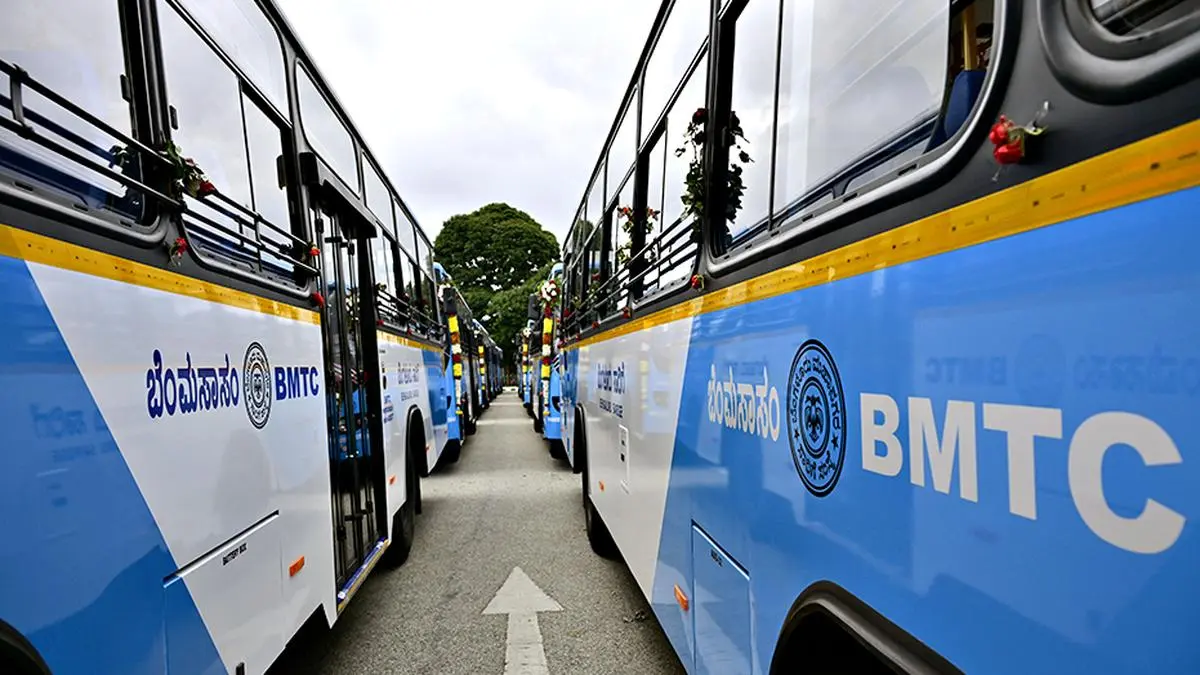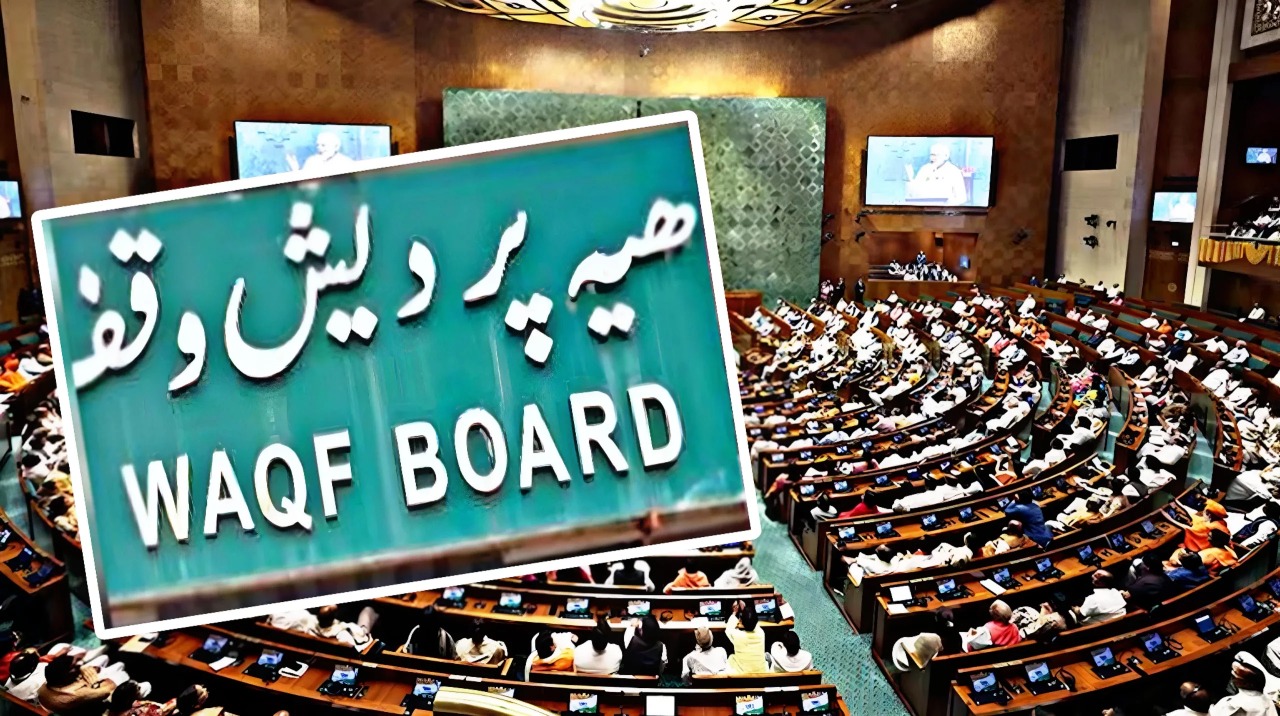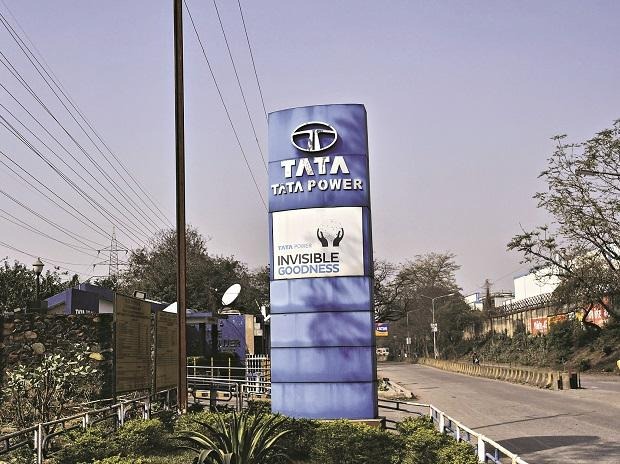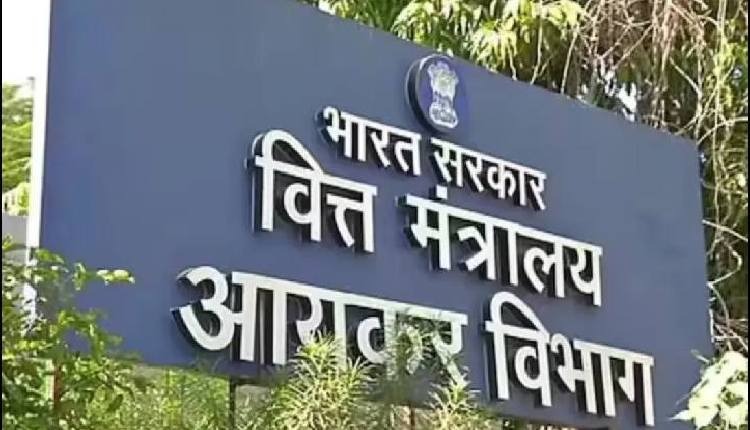 Image Source: UrbanAcres
Image Source: UrbanAcres
As cities worldwide strive to curb pollution and embrace sustainable transport, Bangalore’s public bus service is making significant strides in eco-friendly mobility. The Bangalore Metropolitan Transport Corporation (BMTC) announced that currently, one in every five buses operating on Bangalore roads is electric. This milestone reflects the city’s commitment to reducing its carbon footprint, improving urban air quality, and setting an example for green public transportation in India. The transition to electric buses is a crucial step in India’s broader vision for cleaner, smarter cities.
Key Highlights Of BMTC’s Electric Bus Rollout
One-fifth of BMTC’s fleet on the road consists of electric buses, signaling a substantial shift towards green mobility.
The initiative aligns with government goals to cut vehicular pollution and promote electric vehicle adoption across metropolitan areas.
Electric buses contribute significantly to reducing greenhouse gas emissions and improving citizen health by lowering harmful pollutants.
The rollout supports cutting-edge technologies in charging infrastructure, energy efficiency, and sustainable urban transport planning.
Progress In Building A Sustainable Public Transport Fleet
BMTC’s push to electrify its bus fleet is part of a phased, strategic plan to enhance public transport sustainability without compromising service reliability. An increasing number of electric buses are now operating across key routes, providing commuters with a cleaner travel option. The focus is on:
-
Gradual replacement of older diesel buses with zero-emission electric models.
-
Installation of modern charging stations across bus depots to support efficient operations and reduce downtime.
-
Training drivers and technical teams to manage new electric bus technologies effectively.
This green transformation is steadily positioning BMTC as a pioneer among Indian city transit authorities in sustainable transport.
Environmental And Social Impact Of Transitioning To Electric Buses
Switching to electric buses holds multiple advantages beyond just lowering air pollution. These include:
-
Significant reduction in particulate matter and nitrogen oxide emissions, key contributors to respiratory diseases in urban populations.
-
Lower noise pollution generating quieter and more comfortable urban environments for residents and passengers.
-
Reduced dependence on fossil fuels, contributing to energy security and long-term cost savings for the transit authority.
-
Enhancement in passenger experience with smoother rides and modern bus interiors launched alongside the electric fleet expansion.
These benefits collectively improve quality of life and reflect BMTC’s alignment with climate action and sustainable development goals.
Challenges And Opportunities In Scaling Electric Bus Adoption
While the progress is commendable, there are challenges requiring focused attention:
-
The upfront capital costs for electric buses and charging infrastructure remain higher than conventional vehicles.
-
Ensuring an adequate number of charging points to support larger fleet operations across the city is a logistical challenge.
-
Technological issues such as battery life, charging time, and range anxiety need continual improvements.
-
Training and capacity building among operations staff is essential for maintaining fleet efficiency.
At the same time, these challenges open avenues for tech innovation, public-private partnerships, and policy support that could accelerate electric mobility growth in urban India.
Looking Ahead: The Future Of BMTC’s Urban Mobility Vision
BMTC has set ambitious targets to further expand its electric bus fleet in the coming years, aiming for a greener city transport network. Plans include:
-
Increasing the share of electric buses beyond 20 percent through aggressive procurement and fleet renewal.
-
Collaborating with energy providers and tech firms to enhance charging infrastructure and performance.
-
Engaging with city planners to integrate electric buses into smarter, multimodal urban mobility solutions.
-
Hosting awareness campaigns to encourage public adoption of sustainable transport modes.
As Bangalore emerges as a flagship city for electric public transport, BMTC’s journey highlights that urban sustainability depends on committed governance, innovation, and citizen participation.
Source: Bangalore Metropolitan Transport Corporation (BMTC)
Advertisement
Advertisement





